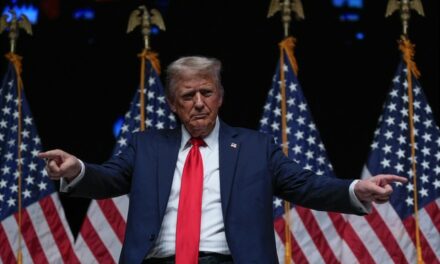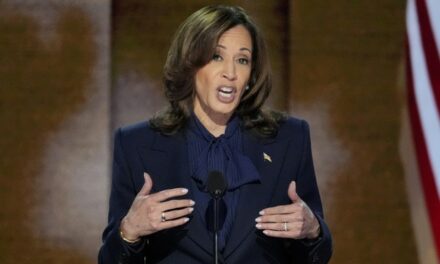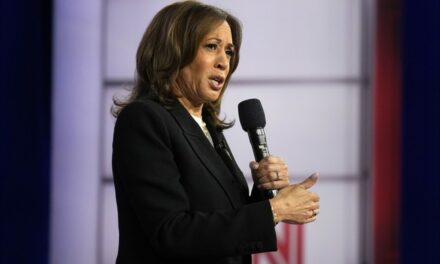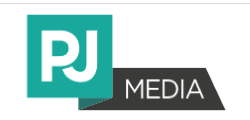We support our Publishers and Content Creators. You can view this story on their website by CLICKING HERE.
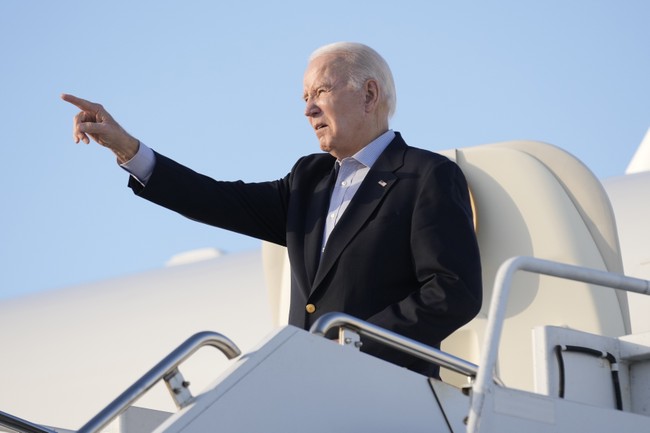
Winston Churchill once said, “Never let a good crisis go to waste.”
The Biden-Harris administration seems to have embraced Churchill’s advice, believing, “Never wait for a crisis when you can create one!”
Advertisement
The recent announcement of a broad inquiry by the Department of Justice (DOJ) and the Department of Transportation (DOT) into airline competition raises significant concerns, especially given its timing just days before a national election.
While examining market competition ensures fairness and consumer protection, the political context surrounding this inquiry suggests it may be fueled as much by political motivations as genuine regulatory concerns.
Announcing any major regulatory inquiry days before a national election can appear as a strategic political maneuver.
Such timing can influence public perception and sway voter sentiments by casting doubt on industry practices during a crucial political period. The airline industry, pivotal to both the economy and daily American life, becomes an attractive target for such political strategies.
Airlines for America has consistently highlighted a narrative of robust airline competition backed by data and consumer satisfaction metrics.
Surveys consistently show that customer satisfaction with airlines is rising. This indicates that customers believe they are receiving good value for their money, which contrasts with the dissatisfaction portrayed by a politically motivated inquiry.
Air travel is at an all-time high, underscored by the industry’s ability to effectively meet consumer demands. A surge in flying passengers suggests confidence in the system and satisfaction with the service provided, undermining any argument that the industry is failing its consumers.
Advertisement
Current airfares are at historic lows, adjusted for inflation. This fact challenges the idea that exploitative pricing practices are behind the inquiry. In a politically charged environment, these positive statistics may be overshadowed by sensational claims, promoting a narrative that serves short-term political objectives rather than accurately reflecting the realities of the industry.
The number of people traveling by plane is set to hit a new high this year as the airline industry bounces back from the COVID-19 pandemic. This is not the best time for a politically motivated attack on one of America’s vital industries.
With almost 90% of Americans having flown, air travel is clearly accessible to most people. This widespread access further indicates a healthy level of competition within the industry and contradicts claims of monopolistic behavior or price gouging.
The DOT’s own reports emphasize a highly competitive airline industry. Cost structures are often similar across airlines, reflecting a balanced field where carriers compete on additional services rather than fundamental pricing. This indicates a market more characterized by options and choices, as seen in the differences between perks offered at various service levels, such as Basic Economy versus Economy fares.
So, with the airline industry doing so well and flyers’ satisfaction high, what is driving this investigation?
Advertisement
The suggestion that this inquiry is politically driven cannot be easily dismissed. Regulatory interventions have the power to drastically shift market dynamics, but when wielded in a politically charged environment, they risk being seen as electioneering tools. This undermines trust in the regulatory bodies and the associated political figures.
While regulatory scrutiny is essential to maintaining market integrity, its execution should be timely, unbiased, and transparent. The current inquiry into airline competition by the DOJ and DOT, announced under the shadow of an approaching election, raises questions about its true motivations. For a regulator’s action to be credible, it must be free from the appearance of partisanship, ensuring that regulatory bodies work in the public’s interest, not merely to serve transient political agendas. In the case of the airline industry, the data suggests a thriving, competitive landscape that should be recognized and preserved, not unduly shaken by politically motivated actions.

 Conservative
Conservative  Search
Search Trending
Trending Current News
Current News 